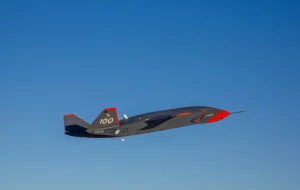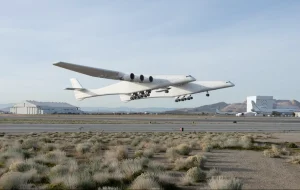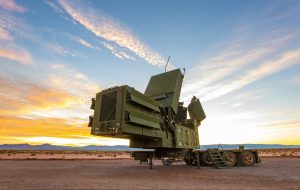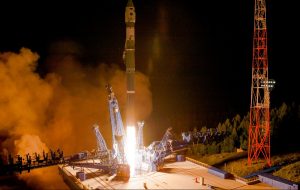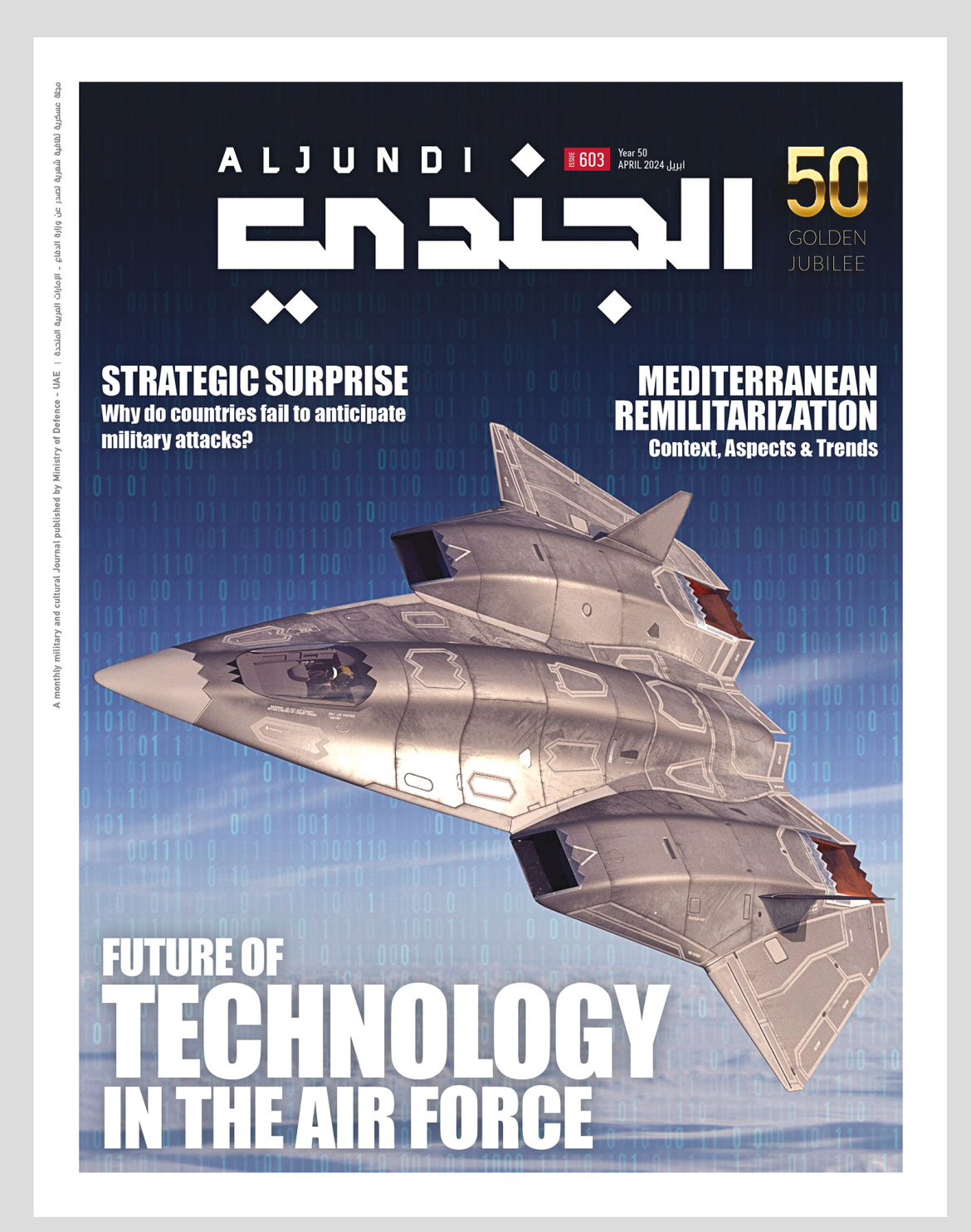Recent years have witnessed remarkable activity from groups of mercenaries, whether in Yemen, Nigeria, Ukraine, Syria, or Iraq.
Indeed, many of these warriors who seek profit in the market of power have outperformed the local armies, and have been able to sell military power like any other commodity.
Their services include logistical support, tactical attack operations, strategic planning, classified intelligence gathering, analysis, operational support, attack, and defense operations on the battlefield and the provision of military skills such as military training and technical assistance.
According to data collected by the International Consortium of Investigative Journalists, there are approximately 90 private military companies operating in 110 countries, in an industry said to be worth an annual 100 billion dollars.
The wars of the United States in Iraq and Afghanistan had brought the force market back to the forefront of military action after it became clear that the American army was unable to recruit a sufficient number of volunteers for the wars.
Therefore, contractors constituted about 50% of the structure of the American force in Iraq and 55 % in Afghanistan, and so the logical question here may be whether the United States will resort to outsourcing in its future wars, due to its inability to fight the war without the private sector.
Commoditizing war, and its spread in this way, may lead to a new threat in the future, as military force is bought and sold by non-governmental agencies so that contract war becomes a requirement that secures more fighters, to witness an expansion in the activities of military contractors and their formation of entire regiments that they rent to those who need military services.
Hence, multinational companies are among the biggest clients of mercenaries, especially extractive industries companies operating in conflict areas, and some governments have also used them to fight militant groups that their national armies have been unable to fight, and even jihadist groups, such as Hay’at Tahrir al-Sham (HTS) and the Turkmenistan Islamic Party, have resorted to a military group that provides specialized military training exclusively to jihadist groups.
Perhaps the era of buying firepower will extend to the wealthy, leading to the emergence of new mercenaries who meet their requests, as anyone with enough money will be able to wage war, leading to the emergence of new superpowers, under the leadership of the “oligarch” armed with private military companies.
Thus, the proliferation of private military companies in war zones in different parts of the world is nothing but a reflection of the widening overlap between private economic interests and foreign policy priorities.
Perhaps in the coming days, we will witness a change in the form and future of war.



